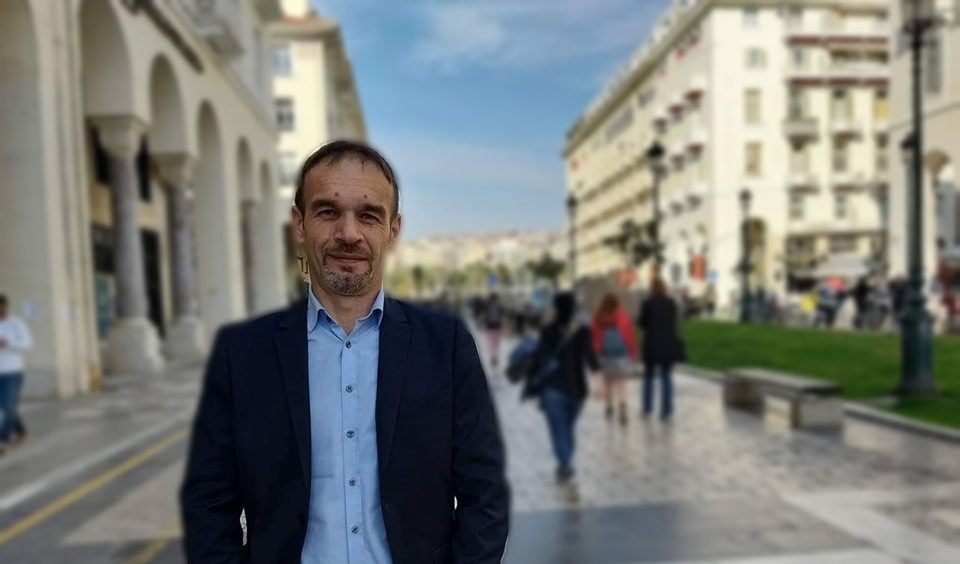This is the premise of political action that in spite of all the despair, mistrust, rumors and ghosts of the individuals, society in general must give the role and the will to continue to advance an idealism that can be translated as utopia.
Author: Bardhyl Zaimi
Sometimes only one expression, only a reflex of a writer can define what whole theories cannot do. Unlike ordinary mortals, writers of universal caliber grasp permanent essences. They articulate human realities and other interdependencies from this world that remain as a permanence, that remain the deepest part of human reality.
All other approaches and interpretations that are undoubtedly necessary and indispensable because human society and politics as a pillar of the organization of civic life-politics cannot be thought of outside of these knowledge-based discourses. Western society is such as it is perfect in its freedom and its rule, because before all the realities of the human being have been treated and refined on philosophical and literary levels.
Western society, the whole functioning of its institutional system represents a permanent emancipation of consciousness, a rational embodiment of values and principles that are now already codified into a universal system of individual freedoms, justice and dignity.
The Balkans is far from this, centuries-old evolution, which has created responsible individuals and societies, which has created the political awareness of a government with complete justice and transparency.
In the Balkans, in Northern Macedonia, without any discussion the case is opposite. Governments here remain profoundly utilitarian. Society too, despite the fact that morality is sold in huge sacks. Sometimes the impression is that everyone is waiting in line to become part of the “Racketeering” of the power. Everything looks like a constantly repeating scene. Even the latest case of the “Racketeering” affair seems to prove this political immaturity, this constant utilitarianism that has plagued every people’s dream. Life here breathes heavily under party marches and the levity of the power. Every day here, life surrenders to scandals, extortion, and improvisational policies. The stubborn facts speak of dramatic disappointments.
They talk about the decomposition of the will and the extreme distrust of the citizens in politics, which is reflected in lots of surveys.
On the one hand, there is this bitter and stubborn reality; on the other hand, there is the party propaganda that serves “bright worlds”.
We are returning to the sense and articulation of the writers. On this occasion, we will quote three caliber writers that may be the three premises to decode and give meaning to the whole context of the current North Macedonia that is in danger of degenerating into a single name “Boki 13”.
Dostoevsky writes that there is nothing more fantastic than reality. This is the premise to avoid party equivocations and to see reality in its depth. In “Faust”, Gētes has a monumental verse “Just dig deep into human life”. Any interpretation of reality, of political realities should go precisely into these depths, which in fact means the completely incriminated system that metastasizes into institutions and political elites.
Finally, we are bringing up Hamlet’s cry from Shakespeare: “This world has been wrecked, o backwardness, o devil, that I was born to fix you”. This is the premise of political action that in spite of all the despair, mistrust, rumors and ghosts of the individuals, society in general must give the role and the will to continue, to advance an idealism that can be translated as utopia. This political action does not imply schematic political parties that repeat themselves into a permanent variant.
This political action implies civil society, the academic world, and all other actors of social life that can create a synergy for another consciousness and evolution that is synchronous with Hamlet’s cry: ”This world has been wrecked, o backwardness, o devil, that I was born to fix you.”. /KDP

